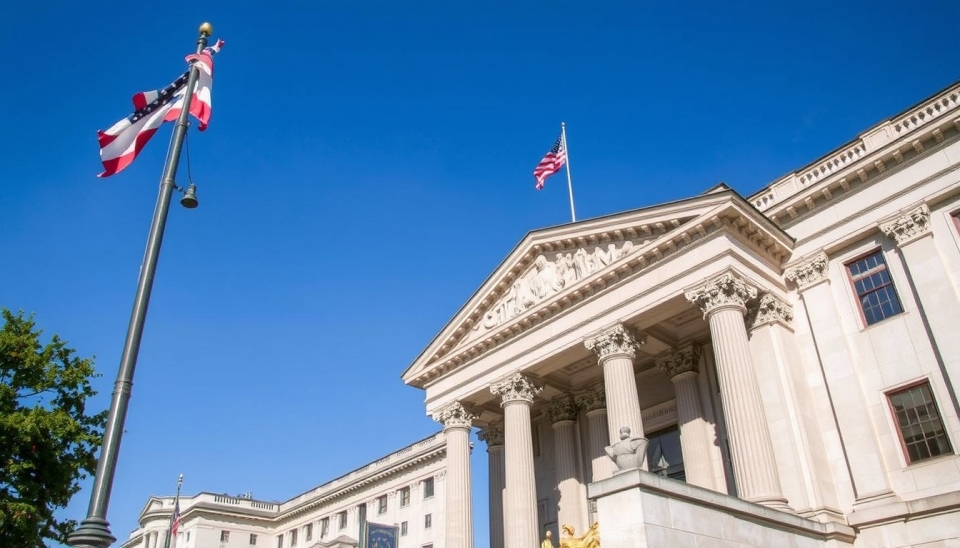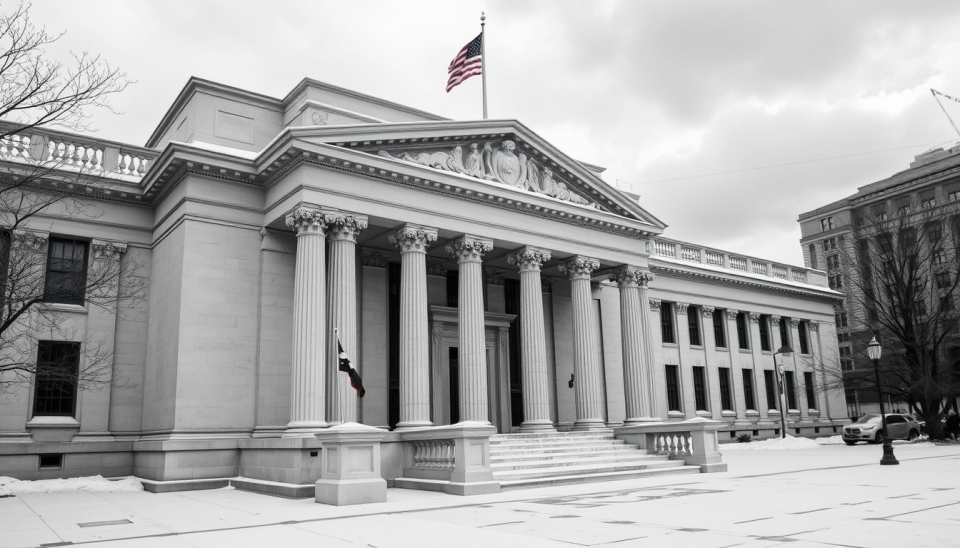
Federal Reserve Creates Policy Space in Global Economy
The Federal Reserve of the United States (Fed) is opening new opportunities for monetary policy both domestically and internationally. The latest Fed meeting concluded with interest rates remaining unchanged, providing central banks in other countries with greater maneuvering space. This decision was made against the backdrop of increasing global instability and economic uncertainty.
Continue reading
Central Banks: Victory in Battle, but Defeat in War?
According to recent research and analytical conclusions, central banks, despite their successes in combating inflation, find themselves in a challenging situation that may lead to unforeseen economic consequences. In recent months, many leading central banks, including the U.S. Federal Reserve, the European Central Bank, and others, have significantly raised interest rates to deal with rising prices and alleviate inflationary pressures.
Continue reading
Oil Price Drop May Help Facilitate Monetary Easing
The recent decline in oil prices has become a crucial factor that could influence central banks’ approaches to monetary policy. The decrease in the price of black gold affects inflation, allowing central banks to consider easing their measures. Oil has lost more than 20% of its value since the beginning of summer 2023, and this decline is worth discussing in the context of global economic trends.
Continue reading
Major Central Banks Align as Powell Signals Fed Cuts Ahead
Recent statements from Federal Reserve Chairman Jerome Powell have catalyzed a new discussion within the economic world. At a recent press conference, he indicated the possibility of future interest rate cuts, marking a significant event for financial markets. This signal has been made possible by a similar approach adopted by other major central banks.
Continue reading
Global Impact of Quantitative Tightening: Central Banks Follow the Trend
Recently, central banks around the world, including the Federal Reserve System of the United States, the European Central Bank, and the Bank of Japan, have initiated a process known as quantitative tightening (QT). This strategy entails reducing the central banks' balance sheets by selling government bonds and other assets, which results in rising interest rates and increased difficulty in accessing funds for borrowers.
Continue reading
Central Banks: Diverging Rate Paths Ahead of Jackson Hole Conference
As the annual central bank conference in Jackson Hole approaches this week, it becomes clear that major global financial institutions are beginning to diverge in their approaches to monetary policy. While some central banks continue to raise interest rates in response to high inflation, others, such as the European Central Bank (ECB), may have already reached their peak rates.
Continue reading